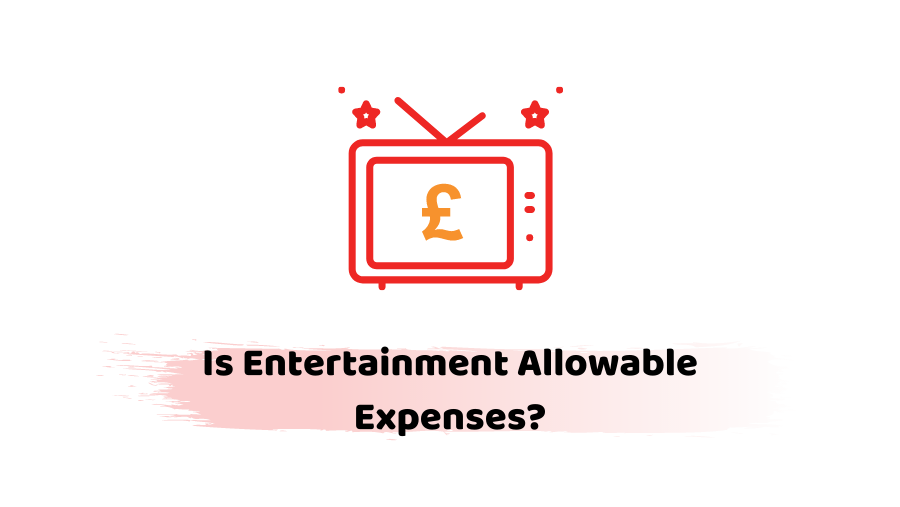Tax regulations on entertainment cost deductibility are strict and sometimes confused. The fact that the cost paid for business reasons does not make it exempt. Subject to certain limited exceptions. No deduction allowed for the business entertainment and gifts in calculating taxable profits.
What counts as business entertainment?
Business entertainment is the provision of free or subsidized hospitality or entertainment. Hospitality includes the provision of food drink. Related incentives, for which the beneficiary did not make a bill. It also extends to subsidized hospitality whereby the charge made to the recipient. Which does not cover the costs of providing entertainment or hospitality.
Examples of business entertaining would include taking a supplier to lunch. Thus. taking customers to a day at the races, or inviting them to a box at a rugby match, and suchlike. The definition is wide.
Exception 1: Entertaining employees – Allowable Entertaining Expenses For Staff?
One of the key exceptions to the universal law that entertainment costs can not be excluded. A deduction allowed for the cost of Entertaining Expenses. As long as the costs incurred wholly and only for the purposes of the trade. The entertaining of the staff is not incidental to the entertaining of customers. e.g. A company would be able to deduct the cost of the staff Christmas party in calculating its taxable profits. But, if a company takes customers to Wimbledon. Some employees also attended which is not enough to guarantee a deduction. As the entertainment provided for the employees is incidental to that for customers.
It should be noted that unless an exemption is in point. The employees may suffer a benefit in a kind tax charge on any entertainment provided.
Exception 2: Normal course of trade
The disallowance does not apply where the business is that of providing hospitality. As such a deduction allowed for the costs incurred in providing that hospitality. As long as they incurred wholly only for the purposes of the business. Businesses such as restaurants and events management companies would fall into this category.
Exception 3: Contractual obligation to provide entertainment
Where entertainment provided under a contractual obligation. Thus this is not treated as business entertainment and a deduction allowed for the cost. A common example would be where hospitality provided as part of a package. The client will be willing to show that they have earned a complete return for the product given.
Exception 4: Small gifts carrying an advert
The provision of business gifts treats as business entertaining with the result. Deduction for the costs is not generally allowed. There is an exception for gifts costing not more than £50 per year per recipient. Which bears a conspicuous advert for the business. An example of a deductible gift would be a diary or a water bottle featuring an advert for the business.
Remember…
Entertaining Expenses incurred for business purposes does not mean that it is allowable. Business entertaining needs to add back in the corporation tax computation.
Extra note: CTA 2009, ss. 1298 – 1300.





















































